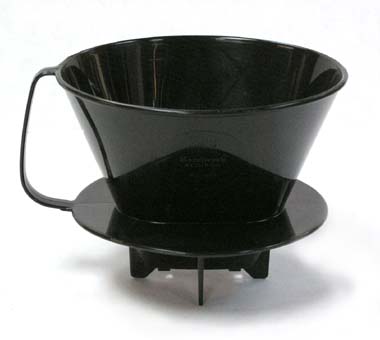I use Google all the time, as many people do. It is, more or less, the way I navigate around the vastness of the Web. But there is one obvious feature that seems to still be missing, a feature I would use constantly if only it existed. I’ve been waiting patiently for it to show up for years now, but still no luck.
Quite often when you’ve typed in a series of keywords, and you find yourself running down the list of responses, deciding which ones to click on, you suddenly realize that your search has become entangled by a “false positive” – a result you specifically weren’t looking for, but which returns lots of hits – hits which to you are just clutter. What you’d like to do is surgically remove this clutter from your results list, while keeping the rest of your list intact.
And as far as I can tell there is no way to use Google to do that.
For example, just today I was doing a search that contained the term “futuristic map”. After about three pages of results, I realized I was getting tripped up by the fact that there are so many copy-cat “this day in history” sites, all of which seem to have the following entry for January 25:
1942 Thailand declared war on the Allies.When war broke out in Europe in September 1939, Thailand declared its neutrality, much to the distress of France and England. Both European nations had colonies surrounding Thailand and hoped Thailand would support the Allied effort and prevent Japanese encroachment on their Pacific territory. But Thailand began moving in the opposite direction, creating a “friendship” with Japan and adding to its school textbooks a futuristic map of Thailand with a “Greater Thailand” encroaching on Chinese territory.
What I’d like to do is exclude references to Thailand from my search. But a search for “futuristic map” -Thailand won’t give me that. Instead, it gives me a completely new list, with all the results in a different order. So that promising result that I was thinking of going back to click on a minute ago in the old results list is not at a corresponding place in the new results list. Bummer.
What I really want is an option to cull the list I already have: Keep everything in my results list just the way it was a moment ago, but just don’t show me those entries which contain “Thailand”.
If I had something like this, I could start broad and gradually narrow down my search, while making use of my mental place memory to check back on interesting results I saw a few minutes ago.
I suppose I could write a program to do this for myself – get Google to give me a huge list of hits, and then do my own keyword filtering from that. But isn’t that the kind of thing my search engine should be doing for me?
Or am I asking for too much?

